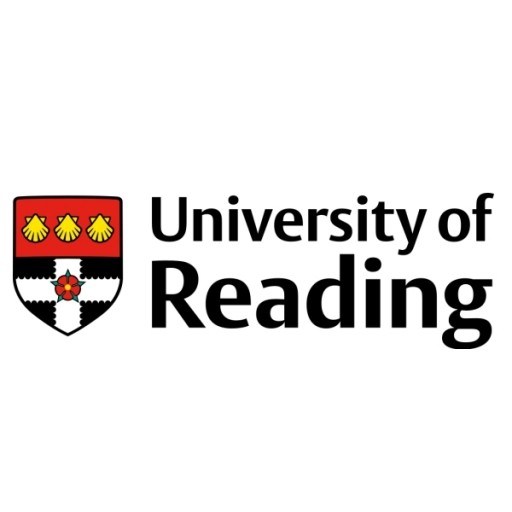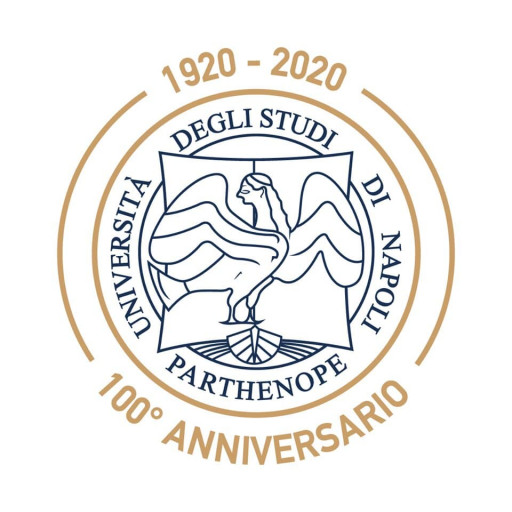Photos of university / #universitaet.tuebingen
The scope of our MSc in Accounting and Finance thus reaches far beyond the limits of these two fields of business. Reflecting the integrated approach of the programme, the curriculum requires students to take a minimum of one course from each of the two pillars of finance and accounting. This paves the ground for specialisation through advanced field courses in either accounting or finance. Alternatively, students may choose a more balanced portfolio of advanced courses in both fields. The courses offered cover analytically challenging fields, such as options and futures, advanced corporate finance or managerial accounting. Other courses focus on institutional aspects pertaining to corporate governance and auditing, or managing corporate taxation. Importantly, the programme includes theory and application of empirical methods, such as advanced time series analysis, as employed in the practice of empirical banking or in institutions aiming at international financial stability.
Educational organisation
The MSc in Accounting and Finance is designed as a three-semester programme, taught according to the European Credit Transfer System. Successful completion requires students to achieve a total of 90 ECTS credits.The curriculum includes both courses in accounting and finance. Compulsory courses are designed to teach important foundations, while field courses allow students to specialise according to their individual interests and abilities. Some of the courses are taught in English. Successful completion of the programme also requires a Master's thesis (24 ECTS credits), written in the third and final term.
Internships
Although there is no compulsory internship, a specialised office will assist students in finding an internship upon request.Forms of assessment
Written and oral examinationsAssignments
Course objectives
Graduates have excellent career prospects across a wide range of fields in financial institutions such as banks and insurance companies, in auditing firms, management consulting, industrial firms and the public sector. They will be attractive candidates for all positions that require institutional knowledge, analytical skills and/or expertise in empirical research.Graduates of this programme will also find themselves well-positioned for an academic career. If you are interested in continuing your education with a PhD, you may complete your MSc in Accounting and Finance on a PhD track.
Language requirements
1) EnglishForeign applicants: Certificate equivalent to the German Abitur certificate (i.e A-level certificate), or an official test (TOEFL, IELTS), or Bachelor's degree in an English-speaking country.
German applicants: Abiturzeugnis
2) German
Foreign applicants: DSH-2, TestDaF 4x4x4x4, or equivalent (such as Bachelor's degree in Germany)
Required DSH / TestDaF
YesAcademic requirements
Admission to the MSc in Accounting & Finance requires a Bachelor of Science/Arts or a comparable degree (with excellent grades) in business and/or economics, preferably a degree that amounts to 210 ECTS credits with solid intermediate knowledge in accounting, finance and quantitative methods (mathematics, statistics, econometrics).Students entering with a three-year Bachelor's degree (180 ECTS credits) are required to earn 30 additional ECTS credits in order to obtain a Master's degree.
Want to improve your English level for admission?
Prepare for the program requirements with English Online by the British Council.
- ✔️ Flexible study schedule
- ✔️ Experienced teachers
- ✔️ Certificate upon completion
📘 Recommended for students with an IELTS level of 6.0 or below.











